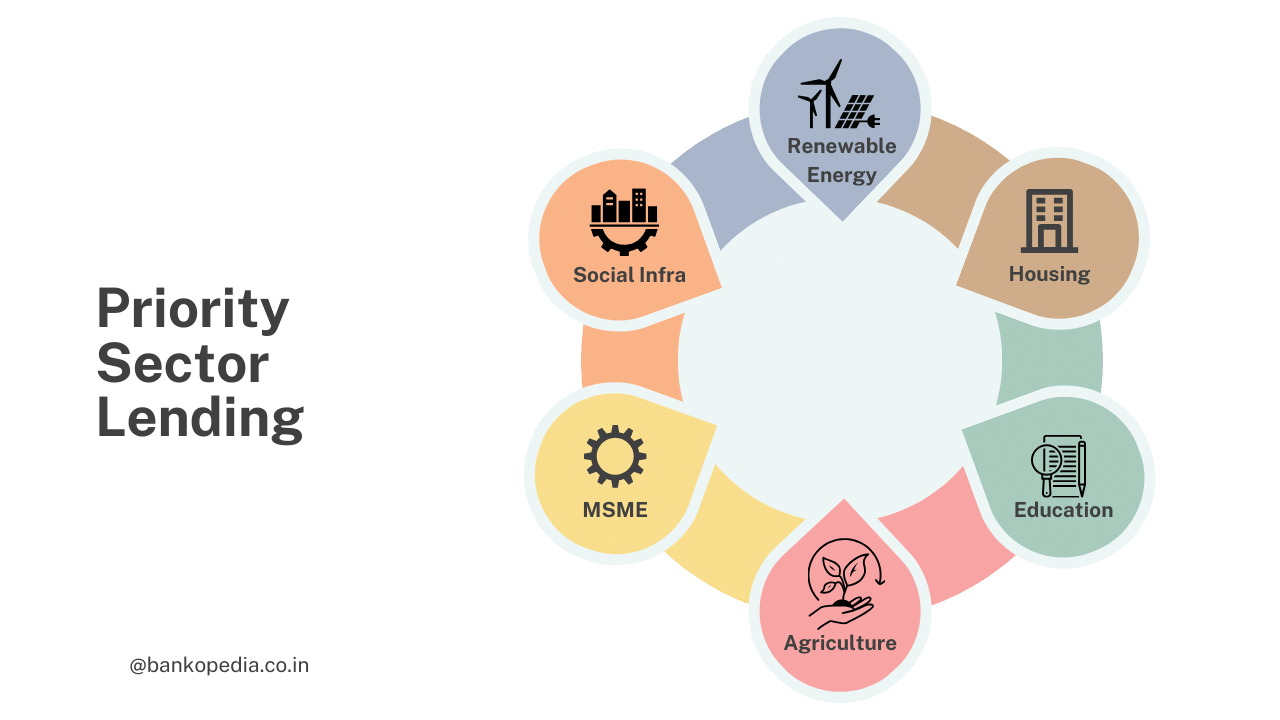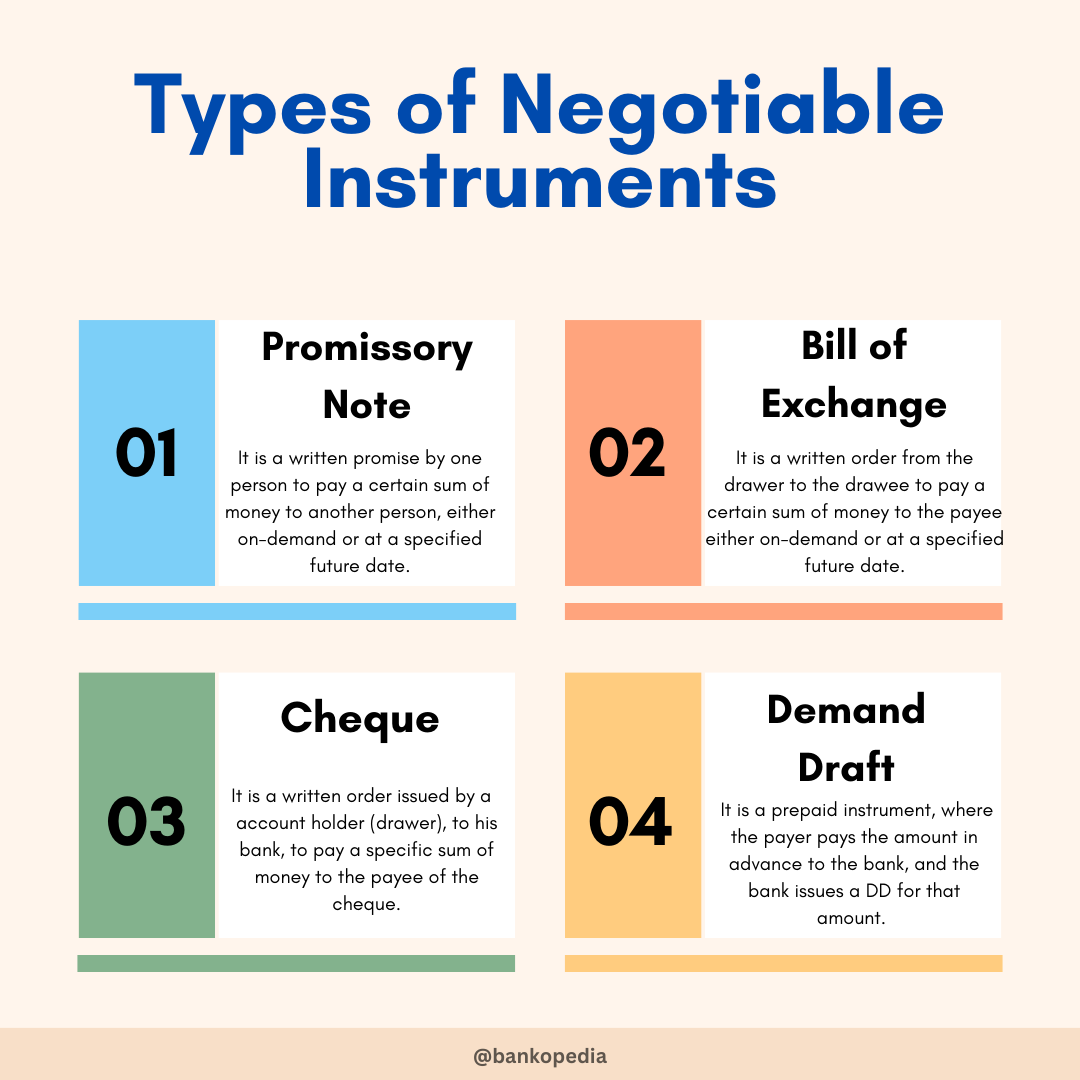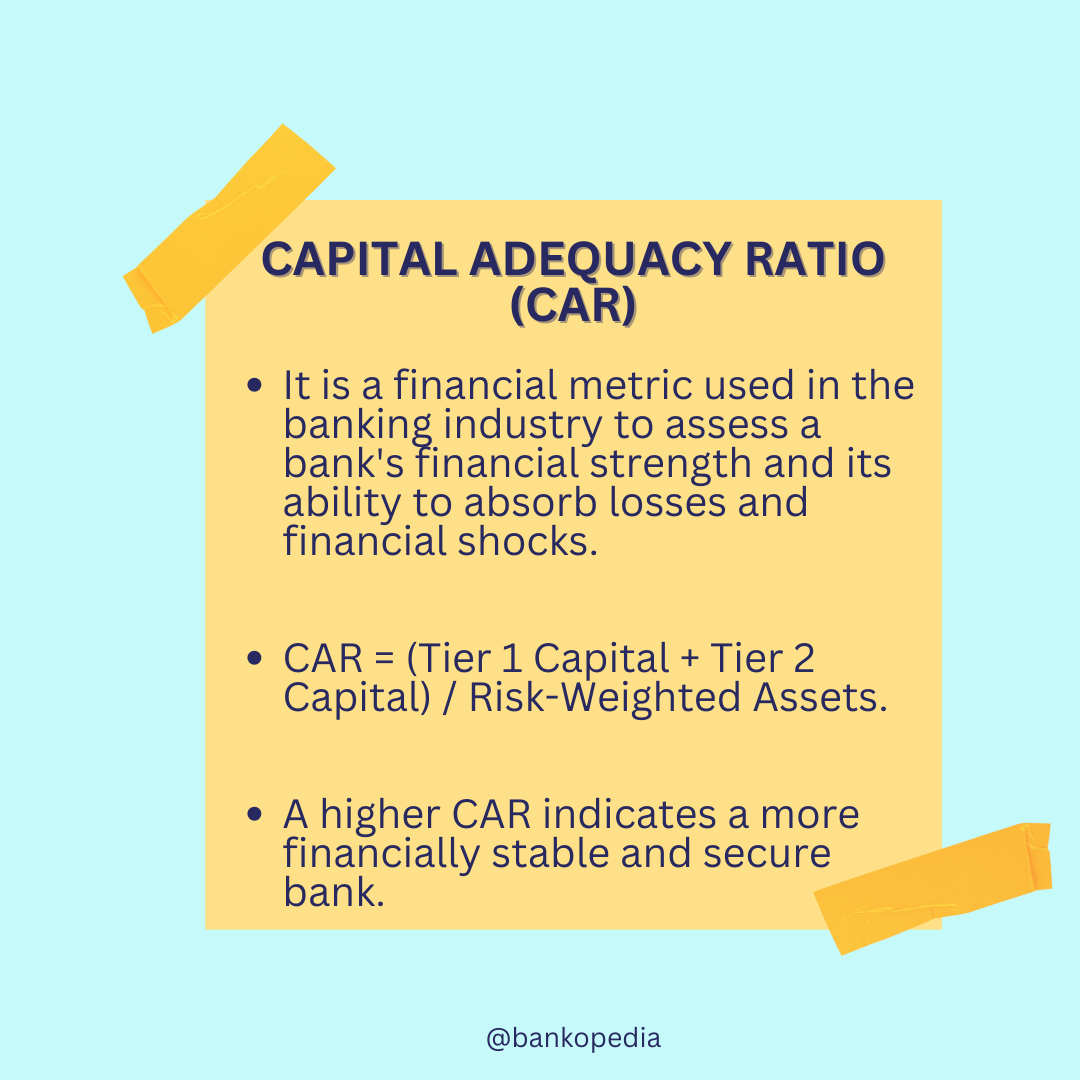Welcome to Daily Banking Digest, your premier source for the latest news and insights on May 05, 2024, focusing on banking, the economy, and finance. Our platform offers a comprehensive overview of the day’s most critical financial stories, market trends, and economic developments. Whether you’re a professional in the financial sector, an investor monitoring market movement, or someone interested in staying informed about the economic landscape, Daily Banking Digest provides reliable, up-to-date information.
Join our Telegram Channel for Daily PDF in your Inbox – Click Here
Table of Contents
India Protests EU’s Discriminatory Scrap Export Ban and Trade Restrictions on Non-OECD Nations
India has expressed concerns over the European Union’s (EU) proposal to impose export duties or ban scrap exports to non-OECD countries. India argues that such measures are trade-restrictive and would hinder its efforts to reduce greenhouse gas emissions by using scrap for steel production.

Key Points
EU’s Proposed Waste Shipment Management Policy – Prohibits exports of “green-listed” waste, including ferrous scrap, to non-OECD countries unless certain conditions are met. – Non-OECD countries must demonstrate their ability to treat waste sustainably to receive EU exports.
India’s Concerns – India faces a shortage of domestic scrap and relies on imports. – EU and China’s tightening of scrap export norms raise concerns for India. – India has implemented policies to promote scrap recycling and vehicle scrapping.
Strategic Partnerships – India is exploring strategic partnerships with Middle Eastern and African countries to secure scrap imports. – Collaborations with countries like Papua New Guinea are also being considered.
Other Measures – India is working to expedite customs clearances with key partners like the UAE. – RFID technology is being used for efficient scrap tracking.
Indian Entities Granted Exclusive Rights to Disseminate Satellite Data Under New IN-SPACe Regulations
The Indian National Space Promotion and Authorisation Center (IN-SPACe) has released guidelines for private sector participation in space activities in India. These guidelines include requirements for authorization, data dissemination, and liability insurance. The aim is to promote private investment and innovation in the Indian space sector.

Key Points:
Authorization Process: – Only Indian entities can seek IN-SPACe authorization for space activities. – Authorization is required for space-based communications, remote sensing, access to orbital resources, data dissemination, ground-based systems, and space transport systems.
Data Dissemination: – Data disseminators must ensure that data is not transferred to third parties without authorization.
Liability Insurance: – Rocket companies may be required to take third party liability insurance before launching vehicles.
Other Provisions: – The guidelines address changes in management of authorized entities and adherence to international rules and treaties. – The aim is to open up the space sector for private participation and contribute to India’s goal of a $44 billion space economy by 2033.
India’s Insolvency Resolution Process Sees Significant Progress: Surge in Successful Resolutions and Reduced Pendency
India has experienced a significant increase in the resolution of insolvency cases under the Insolvency & Bankruptcy Code (IBC), with a 43% jump to 270 cases in the last financial year. This marks the first time that the number of resolved cases has exceeded the number of new cases, leading to a decline in pending cases at the National Company Law Tribunal (NCLT).

Key Points:
Increase in Case Resolutions: – 43% year-on-year increase in successful case resolutions under IBC.
Decline in Case Pendency: – Number of resolved cases exceeded new cases for the first time. – Pendency of cases at NCLT benches is decreasing.
Evolution of IBC: – 12 amendments made to IBC in 2023-24. – 86 interventions made by IBBI in a single year.
Sectoral Approach: – Amendments made to address specific sectoral needs. – Project-wise resolution introduced for the real estate sector. – Protection of allotted houses from liquidation.
Voluntary Mediation: – IBBI to submit a report on introducing voluntary mediation as a dispute resolution mechanism.
Pre-Pack Resolution Framework: – Pre-pack resolution framework under consideration for large accounts. – Currently only allowed for MSME cases.
Importance of Timely Resolution: – Delays in resolution deteriorate asset quality and hinder revival. – Coordination with financial creditors and pre-pack insolvency can help avoid delays.
IDBI Bank’s Standalone Net Profit Surges 44% to ₹1,628 Crore in Q4
IDBI Bank reported a 44% increase in its Q4 standalone net profit to ₹1,628 crores, driven by higher net interest income and a significant decline in provisions. The bank’s net interest income rose by 12%, while provisions (other than tax) and contingencies fell by 88%. IDBI Bank’s gross NPA to gross advances ratio improved to 4.53%, and the bank recommended a dividend of ₹1.50 per equity share.

Key Points
Net Profit – 44% increase in Q4 standalone net profit to ₹1,628 crores
Net Interest Income – 12% increase in net interest income to ₹3,688 crores
Provisions – 88% decline in provisions (other than tax) and contingencies to ₹114 crores
Gross NPA – Improvement in gross NPA to gross advances ratio to 4.53%
Deposits – 9% increase in total deposits to ₹2,77,657 crores
Advances – 14.44% increase in gross advances to ₹1,96,894 crores
Dividend – Dividend of ₹1.50 per equity share recommended
Central Banks Ramp Up Gold Reserves Amidst Global Economic Turmoil
Central banks worldwide have continued to accumulate gold reserves, with a significant increase in the March quarter. Despite record-high prices, central banks accounted for 23% of overall gold demand, driven by geopolitical risks and a slowing global economy. India, Turkey, and China have been leading the charge in adding gold to their forex reserves.

Key Points:
Central Bank Gold Buying Spree – Central banks added 290 tonnes of gold in the March quarter, accounting for 23% of overall demand. – Central banks have consistently accounted for almost a quarter of annual gold demand in the last two years.
India’s Gold Consumption – India’s jewellery consumption increased by 4% in the March quarter, reaching 92 tonnes.
RBI’s Gold Purchases – RBI has been increasing its gold reserves since 2008, purchasing 200 tonnes during the global financial crisis. – India bought 19 tonnes of gold in the March quarter.
Central Bank Gold Holdings – Central banks have increased their reported gold holdings to 2,262 tonnes, a 16% increase since October 2022.
Factors Driving Gold Prices – Dollar weakness and central bank gold buying have been driving gold prices higher. – Gold prices increased by 10% in the March quarter and 8% in 2023.
Central Bank Risk Hedging – Central banks are increasing their gold reserves to hedge against geopolitical risks and a slowing global economy. – Turkey, China, and India have been leading the way in adding gold to their forex reserves.
RBI’s Gold Strategy – RBI is strategically increasing its gold reserves as part of its forex diversification efforts. – Gold is a hedge against the dollar, which depreciates when the dollar strengthens.
Central Bank Gold Purchases Not Influenced by Prices – Central banks’ gold purchases are not influenced by rising prices, although some may pause depending on their strategy. – Central banks’ appetite for gold has been a key driver of its recent performance despite challenging conditions.
India Resumes Onion Exports After Lifting Ban
India has lifted the ban on onion exports after six months, setting a Minimum Export Price (MEP) of $550 per tonne. The move is expected to benefit onion traders and farmers in Maharashtra, a major onion-producing state, ahead of upcoming elections.

Key Points:
Lifting of Export Ban: – India has lifted the ban on onion exports, which had been in place for about half a year.
Minimum Export Price: – The Directorate General of Foreign Trade (DGFT) has set the MEP for onion at $550 per tonne.
Impact on Maharashtra: – Maharashtra, which accounts for a significant share of onion crops, is expected to benefit from the lifting of the ban.
Political Significance: – Onions have been a critical part of India’s political economy, particularly during election times.
Previous Export Restrictions: – In December 2023, the government prohibited onion exports until March 31, 2024. – In April 2024, the export ban was extended until further orders. – In October 2023, the government imposed a minimum export price of $800 per tonne. – In August 2023, a 40% duty was imposed on onion exports. – On May 3, 2024, a 40% duty was again imposed on onion exports.
Other Measures: – The government has granted an exemption on duty for the import of desi chana until March 31, 2025.
Kotak Mahindra Bank to Adjust Operations in Response to RBI Restrictions
Kotak Mahindra Bank is addressing RBI’s restrictions on new customer onboarding and credit card issuance by redeploying resources and investing in IT systems. Despite the bank’s belief that the impact will be minimal, investors have reacted negatively, driving stock prices to 52-week lows. However, the bank reported a strong 26% surge in fourth-quarter net profit, driven by core lending earnings and loan expansion.

Key Points:
RBI Restrictions: – RBI barred Kotak Mahindra Bank from onboarding new customers through online and mobile banking channels and issuing fresh credit cards due to IT deficiencies.
Bank’s Response: – Kotak Mahindra Bank is working with regulators to meet technology standards and investing in IT systems to strengthen digital payment security controls.
Business Impact: – The bank believes the restrictions will not materially impact its overall business.
Investor Reaction: – Investors have sold off Kotak Mahindra Bank stocks, driving prices to 52-week lows.
Fourth-Quarter Earnings: – Net profit surged 26% to Rs 4,133 crore, exceeding expectations. – Net interest income rose 21% to Rs 26,000 crore. – Loan portfolio expanded by 20% year-on-year. – Gross NPA ratio improved to 1.39%.
Paper Industry Advocates for Degraded Land Allocation for Pulpwood Cultivation
The Indian paper industry is facing a shortage of raw materials and is urging the government to provide degraded land on a long-term lease for pulpwood plantations. The industry believes that this move would not only address the raw material shortage but also boost rural employment and contribute to the greening of India.
Key Points:
- Raw Material Shortage: The paper industry is facing a shortage of wood, its key raw material.
- Degraded Land Availability: India has a significant amount of degraded land available.
- Pulpwood Plantation Proposal: The paper industry proposes that a fraction of the degraded land be leased to paper mills for pulpwood plantations.
- Benefits of Pulpwood Plantations: Pulpwood plantations would provide the necessary wood for paper mills and other wood-based industries, generate rural employment, and contribute to the greening of India.
- Agro Forestry Efforts: The paper industry has been working with marginal farmers to bring degraded land under agro forestry plantations.
- Paper Consumption Growth: Paper consumption in India is projected to grow by 6-7% per annum.
- Sustainability and Biodegradability: Paper is a biodegradable and sustainable material, which is driving its usage in packaging and other sectors.
- Carbon Footprint Reduction: Pulpwood plantations would help reduce India’s carbon footprint by creating additional carbon sinks.
BHIM to Leverage ONDC to Compete with Google Pay and PhonePe in E-commerce
BHIM, a government-backed payments app, is set to enter the e-commerce sector through ONDC, aiming to challenge the dominance of Google Pay and PhonePe. The move is part of NPCI’s strategy to revitalize BHIM and diversify the digital payments landscape.

Key Points:
1. BHIM’s Entry into E-commerce: – BHIM will leverage ONDC’s platform to expand its presence in e-commerce. – The initiative aims to offer a wide range of products and services, including food, groceries, fashion, and apparel.
2. Challenge to Market Dominance: – Google Pay and PhonePe currently hold a significant share of India’s digital payment market. – BHIM’s integration with ONDC presents an opportunity to level the playing field.
3. Surge in BHIM Downloads: – BHIM has seen a surge in downloads following regulatory constraints imposed on Paytm.
4. Appointment of Rahul Handa: – Rahul Handa, former executive vice-president for strategic initiatives at ONDC, has been appointed as the chief business officer of BHIM.
5. BHIM 2.0 Project: – NPCI’s upcoming BHIM 2.0 project aims to revitalize the platform’s user experience and drive adoption.
6. Reliance on ONDC: – Industry analysts caution that solely relying on ONDC may not be enough to overcome entrenched consumer habits.
7. Diversification Strategy: – NPCI is encouraging investment in new third-party payment apps on UPI to mitigate risks associated with over-reliance on dominant players.
8. Merchant Migration from Paytm: – A significant portion of Paytm’s merchant base has begun migrating to competitor platforms, including BHIM.
Mizoram’s GST Collection Surges by 52% in April: CM Lalduhoma
Mizoram has witnessed a significant 52% growth in Goods and Services Tax (GST) collection in April 2024 compared to the same period last year. The state’s GST revenue has increased from Rs 71 crore to Rs 108 crore, attributed to efforts by the finance department and increased tax awareness among businesses and individuals.
Key Points:
- GST Growth: Mizoram registered a 52% growth in GST collection in April 2024.
- GST Collection: The state collected Rs 108 crore in GST in April 2024, compared to Rs 71 crore in April 2023.
- Reasons for Growth: The growth is attributed to efforts by the finance, planning, and taxation departments, as well as increased tax awareness.
- Financial Stability: The state’s financial condition is improving due to austerity measures implemented by legislators and officials.
Kotak Mahindra Bank’s Q4 Earnings Surge 18% to Rs 4,133 Crore, Exceeding Expectations
Kotak Mahindra Bank reported a strong financial performance for the quarter ended March 2024, with a 18.22% increase in standalone profit to Rs 4,133.30 crore. The bank’s net interest income (NII) rose 13% YoY to Rs 6,909 crore, while its net interest margin (NIM) improved to 5.28%. Advances and customer assets grew by 20% YoY, and the bank’s asset quality improved with a decline in GNPA and NNPA. Despite recent challenges, the bank remains committed to working with regulators and investing in its IT systems to ensure compliance and business continuity.

Key Points:
Profit: – Standalone profit increased by 18.22% YoY to Rs 4,133.30 crore
Net Interest Income (NII): – NII rose by 13% YoY to Rs 6,909 crore
Net Interest Margin (NIM): – NIM improved to 5.28% from 5.22% in Q3 FY24
Advances: – Advances increased by 20% YoY to Rs 391,729 crore
Customer Assets: – Customer assets grew by 20% YoY to Rs 423,324 crore
Asset Quality: – GNPA declined to 1.39% from 1.78% in Q4 FY23 – NNPA stood at 0.34% compared to 0.37% in Q4 FY23
Deposits: – Average current deposits grew by 3% YoY – Average savings deposits grew by 5% YoY – Average term deposits grew by 35% YoY
Return on Assets (ROA): – ROA for FY24 was 2.61% – ROA for Q4 was 2.97%
Return on Equity (ROE): – ROE for FY24 was 15.34% – ROE for Q4 was 17.54%
Dividend: – The bank announced a dividend of Rs 2 per share
Challenges: – Shares of Kotak Mahindra Bank have declined by 14% in recent weeks due to RBI restrictions and the resignation of a Joint Managing Director – The bank is working with regulators to address technology standards and strengthen its IT systems
Paytm’s COO Bhavesh Gupta Departs; Senior Management Restructured
Paytm’s President and COO, Bhavesh Gupta, has resigned due to personal reasons. He will transition to an advisory role until the end of the year. Paytm has appointed Rakesh Singh as the new CEO of Paytm Money, while Varun Sridhar has been moved to CEO of Paytm Services.

Key Points:
Bhavesh Gupta’s Resignation: – Bhavesh Gupta, President and COO of Paytm, has resigned due to personal reasons. – He will transition to an advisory role until the end of the year.
RBI’s Ban on Paytm Payments Bank: – Verticals headed by Gupta were adversely impacted by the RBI’s ban on Paytm Payments Bank. – Paytm estimated a loss of Rs 300-500 crore due to the ban.
Appointment of Rakesh Singh as CEO of Paytm Money: – Rakesh Singh has been appointed as the new CEO of Paytm Money. – He has over two decades of experience in the financial industry.
Varun Sridhar’s Move to CEO of Paytm Services: – Varun Sridhar, who was heading Paytm Money, has been moved to CEO of Paytm Services. – Paytm Services deals in the distribution of mutual funds and other wealth management products.
Vijay Shekhar Sharma’s Comments: – Paytm CEO Vijay Shekhar Sharma thanked Gupta for his contributions and expressed confidence in the company’s focus on payments and lending. – He appreciated Sridhar’s role in expanding Paytm’s wealth management offerings.











